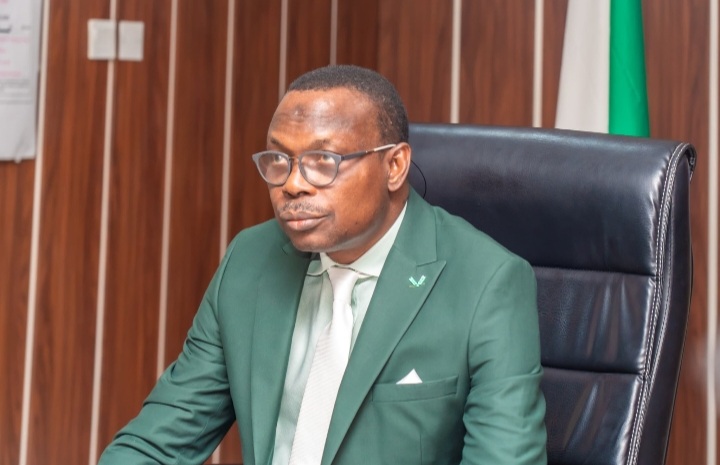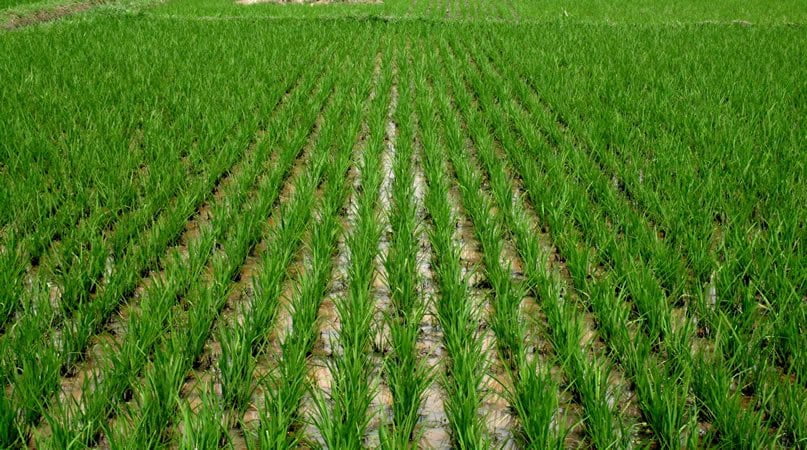The federal government has stated that its climate and environmental agenda are not likely to succeed if they fail in Lagos. The minister of State for Environment, Dr. Adekunle Salako stated this while giving a keynote address at the Lagos State Sustainability Summit held in Eko Hotel and Suite, Lagos State.
He noted that Lagos, which is the most densely populated city in Nigeria and Africa and the eighth in the world is faced with a higher level of environmental sustainability challenges requiring innovative and frontal attention from all stakeholders including the Federal Government of Nigeria.
“The challenges of coastal erosion, solid waste management, air pollution, flooding, over-exploitation, industrial emission, noise pollution and so on which are generally more in Lagos than the national average must therefore be tackled head on for us to built a sustainable and resilient Lagos,” he said.
He added that the summit was a pivotal moment in Lagos State’s journey towards a sustainable and resilient future with the gathering and participation of policy makers, entrepreneurs, environmentalists and other seasoned stakeholders who will deliberate and proffer solutions to secure and sustain Lagos long-term prosperity through diversity of perspectives and expertise.
“I am happy to observe that Lagos State remains a leading light in our country in applying innovative solutions to address societal problems including in the environment sector. I therefore congratulate His Excellency Mr. Babajide Sanwoolu and his team for sustaining the tradition of Lagos as the centre of excellence,” he said.
He noted that the theme of the summit: ‘’Building a Thriving and Sustainable Lagos’’ holds a special importance for the environmental sector to ensure that it balances development with the preservation and conservation of the nation’s natural resources for current and future generations.
“Lagos State and our country Nigeria cannot thrive without economic development and economic development can also not happen without profound modifications in our environment with a high potential for deforestation, pollution, desertification and the extinction of species,” he said. Salako announced the development of the Nigeria Circular Economy Roadmap, aimed at transitioning from a linear to a circular economy by 2050.
He stated that with the development of the Nigeria Circular Economy Roadmap, a national implementation framework, the circularity of the country will be scaled up which will help to improve the nation’s sustainability index and maximise the economic potentials of circularity for job creation.
“ I call on all stakeholders, public and private sectors to collaborate with the Federal Ministry of Environment in the implementation of the roadmap,” he said.












